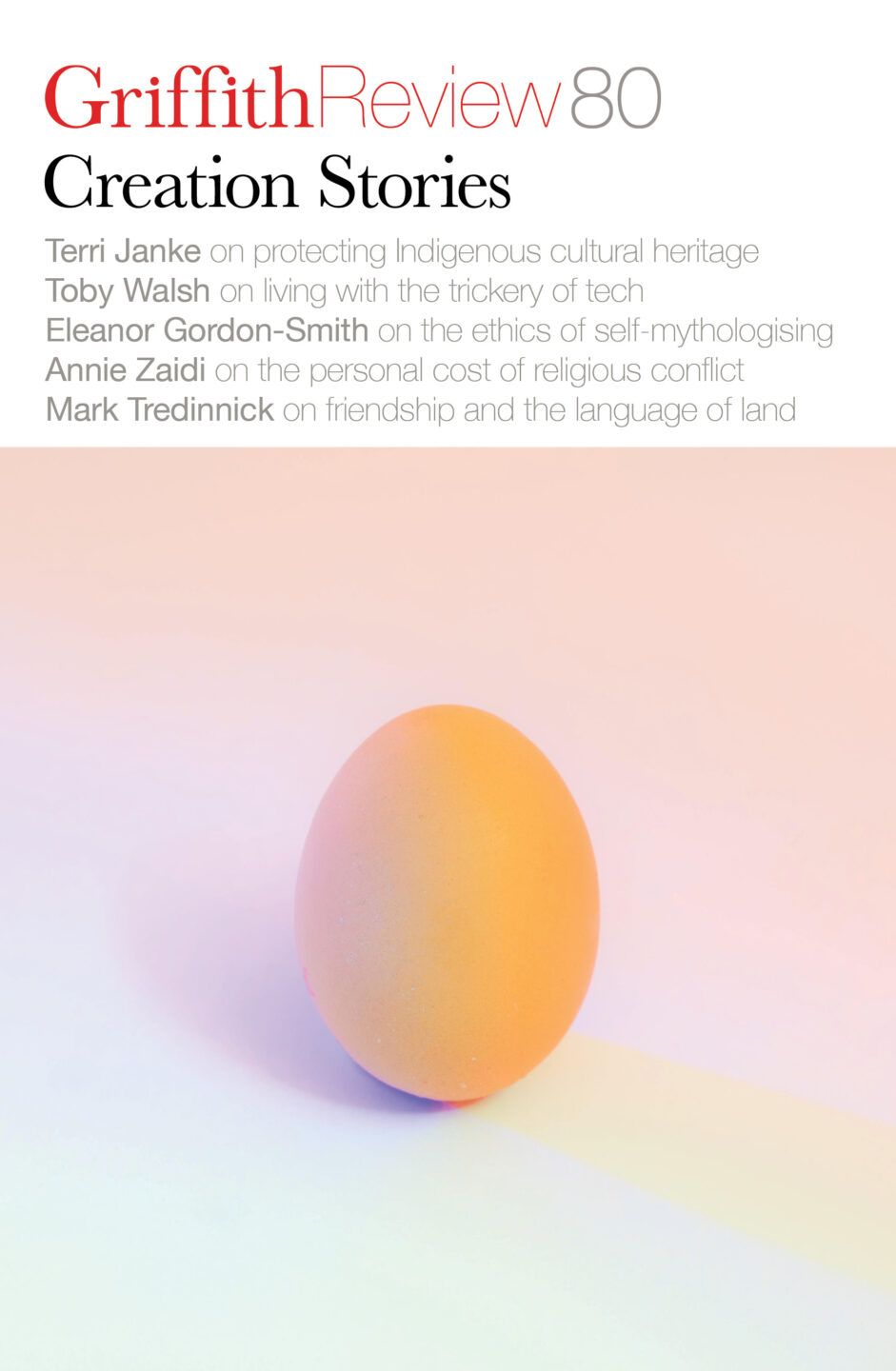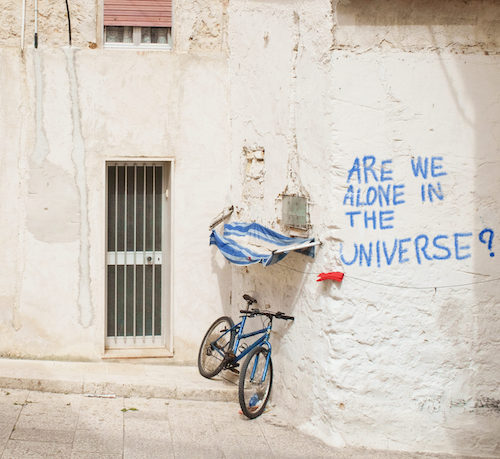Featured in

- Published 20230502
- ISBN: 978-1-922212-83-2
- Extent: 264pp
- Paperback (234 x 153mm), eBook


Already a subscriber? Sign in here
If you are an educator or student wishing to access content for study purposes please contact us at griffithreview@griffith.edu.au
Share article
About the author

Natalia Figueroa Barroso
Natalia Figueroa Barroso is a Uruguayan-Australian writer of Charrúa, African and Iberian origins who was raised between the unceded lands of Charrúa Nation and...
More from this edition

New Scientist
PoetryA body we can read and understand. If only I could put you under a microscope and transform you into a symbol to unite our disciplines: the communication phage.

On the forging of identity
Non-fictionThe night Sartre spoke in Paris can be seen as a hinge in time, the moment when modernity and its focus on individual identity came to the fore after the destruction of the old order. We are still living on the far side of the door Sartre pointed us through. Of course, modernity had a thousand authors. It was the product of billions of lives lived in close proximity. But Sartre, to me, best articulated a modern creed of what it means to be human.

The transhuman era
Non-fictionThe story of the transhuman era has much in common with the creation myths of old – and with religious tales of transcendence. It heralds the emergence of a powerful – omniscient, omnipresent – force (AI) possessing intelligence that far exceeds our own. And lends itself to stories that play off destruction against what you could term ‘salvation’, in the form of digital immortality.